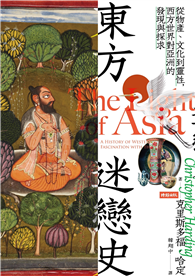Transnational integration and other challenges to the nation-state have deprived it of its mystique and broken the automatic link between state and nation. This has encouraged the revival of stateless nationalisms, but also provided new means for their accommodation. The author argues that these changes call for a radical rethinking of the nature of sovereignty and of the state itself to meet the twin challenges of recognition of nationality and of democracy. Drawing on the experience of four plurinational state - United Kingdom, Spain, Belgium, and Canada - and of the European Union, he analyses the challenges of plurinationalism and its recognition.
| FindBook |
有 1 項符合
Plurinational Democracy: Stateless Nations in a Post-Sovereignty Era的圖書 |
 |
Plurinational Democracy: Stateless Nations in a Post-Sovereignty Era 作者:Keating 出版社:OUP Oxford 出版日期:2002-02-06 語言:英文 規格:精裝 / 216頁 / 23.4 x 15.5 x 1.3 cm / 普通級 |
| 圖書館借閱 |
| 國家圖書館 | 全國圖書書目資訊網 | 國立公共資訊圖書館 | 電子書服務平台 | MetaCat 跨館整合查詢 |
| 臺北市立圖書館 | 新北市立圖書館 | 基隆市公共圖書館 | 桃園市立圖書館 | 新竹縣公共圖書館 |
| 苗栗縣立圖書館 | 臺中市立圖書館 | 彰化縣公共圖書館 | 南投縣文化局 | 雲林縣公共圖書館 |
| 嘉義縣圖書館 | 臺南市立圖書館 | 高雄市立圖書館 | 屏東縣公共圖書館 | 宜蘭縣公共圖書館 |
| 花蓮縣文化局 | 臺東縣文化處 |
|
|
圖書介紹 - 資料來源:博客來 評分:
圖書名稱:Plurinational Democracy: Stateless Nations in a Post-Sovereignty Era
|









